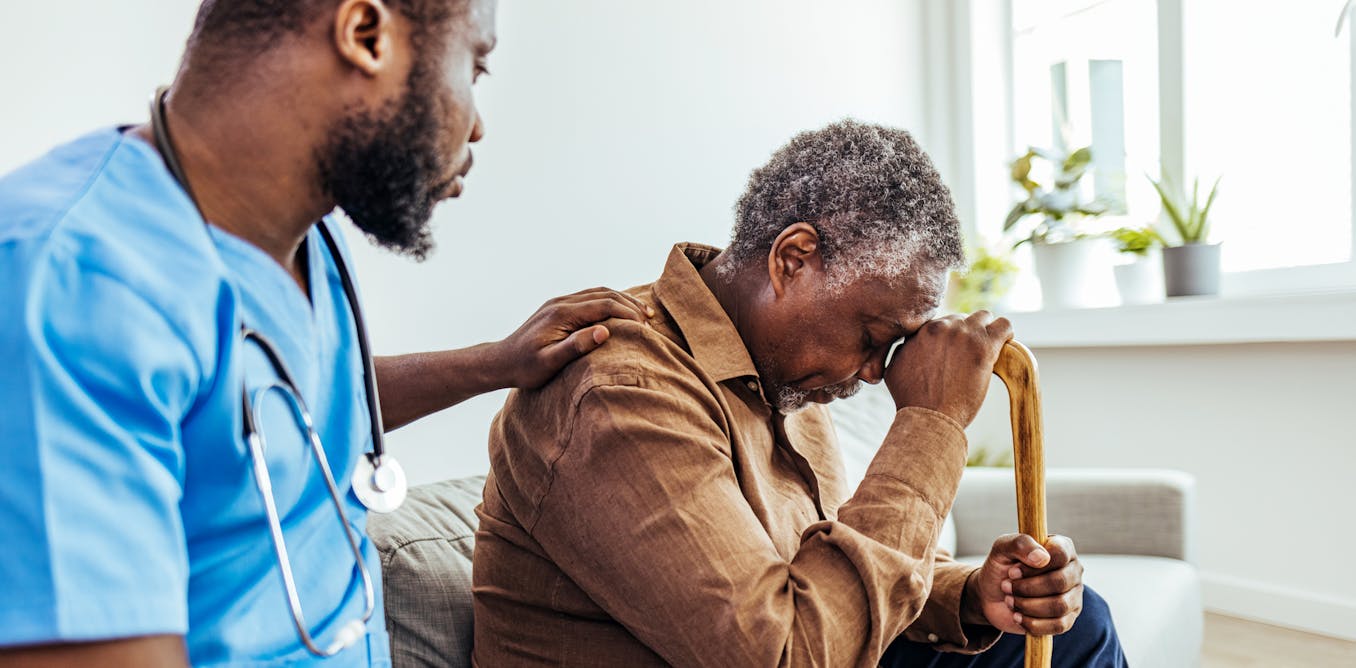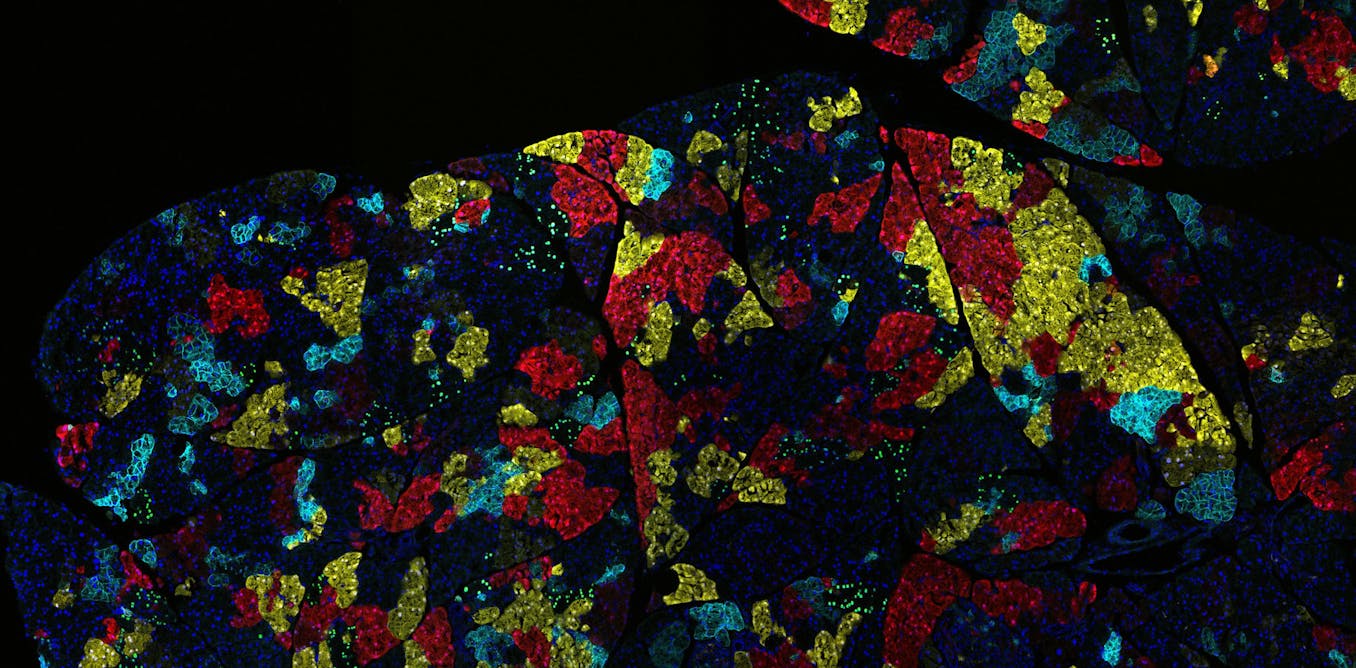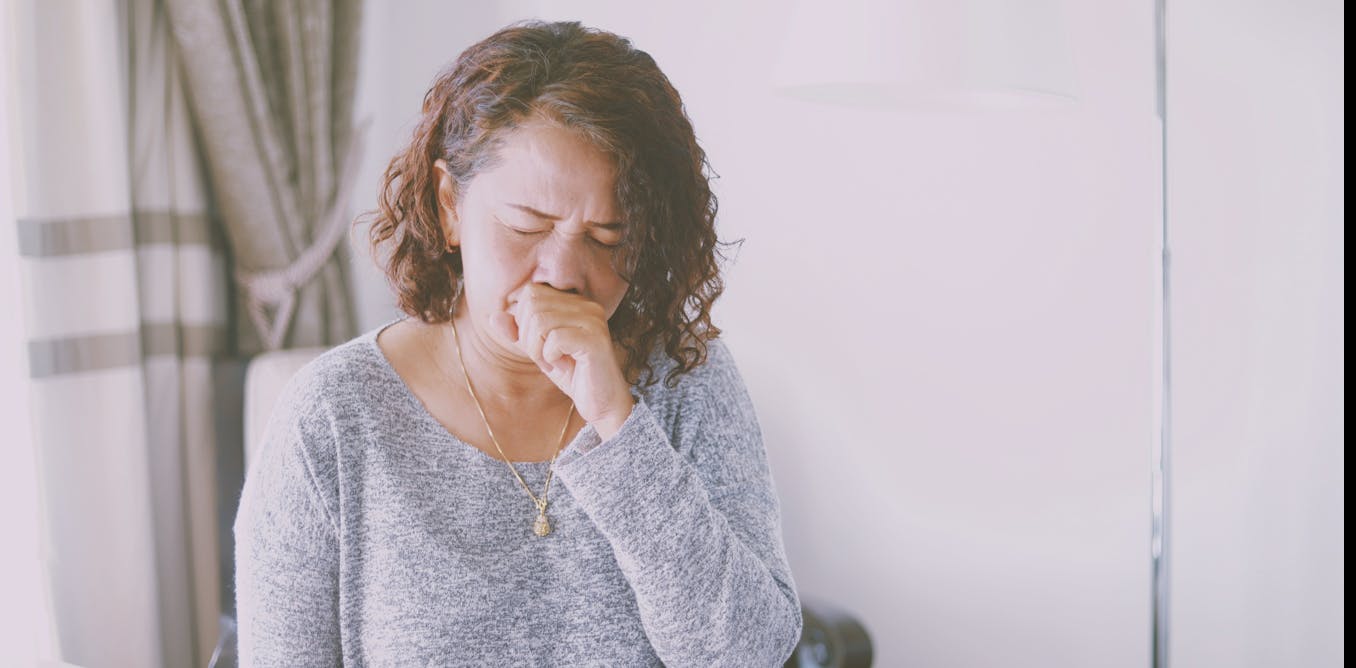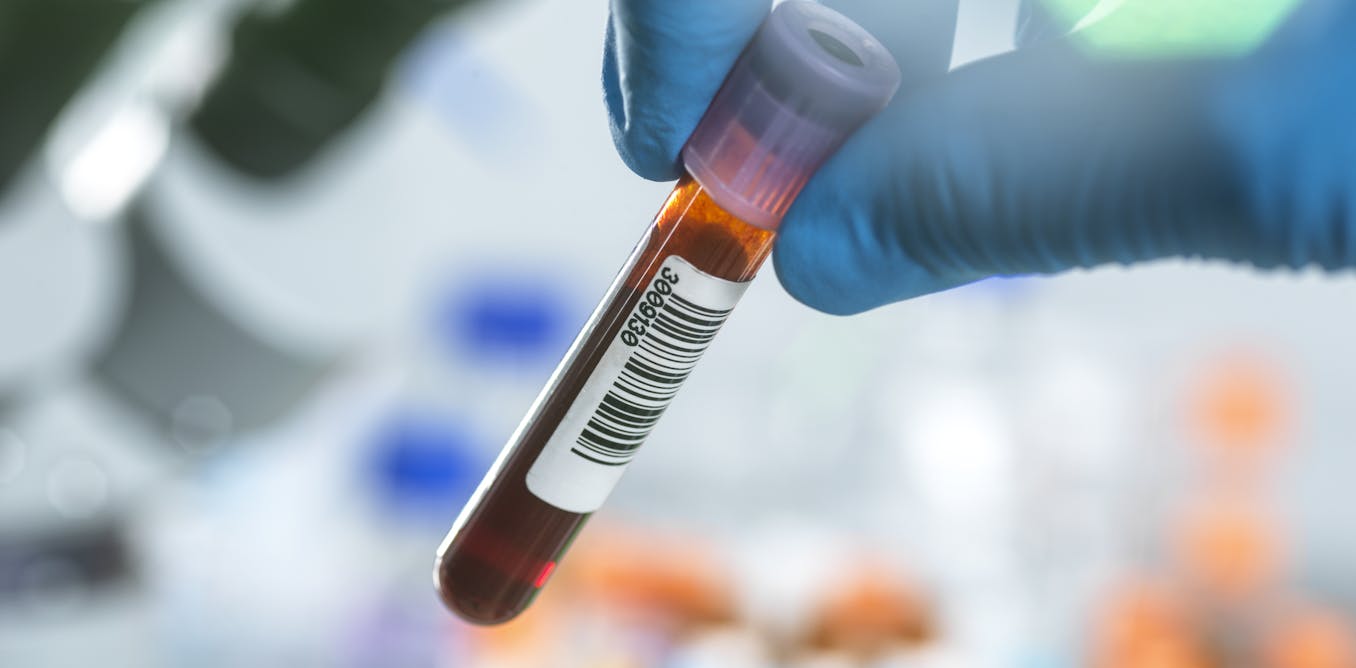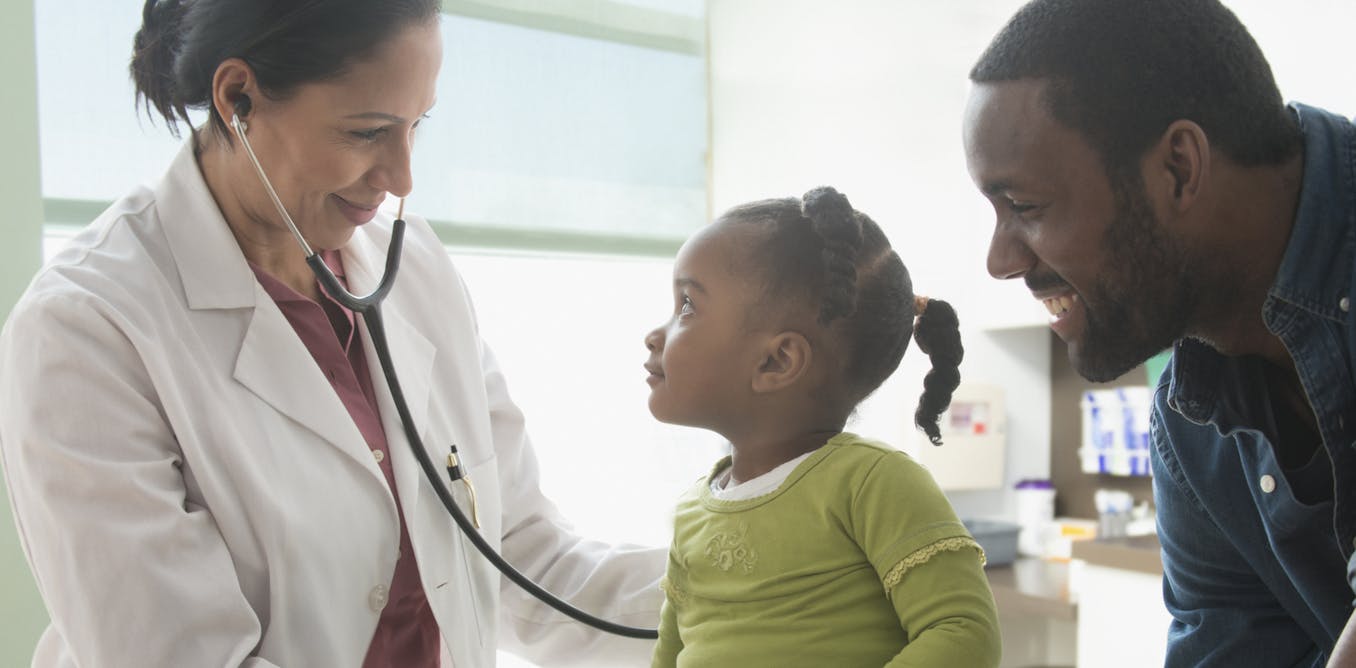Treatment can do more harm than good for prostate cancer − why active surveillance may be a better option for some
People with low-risk prostate cancer are more likely to die from something else. Overdiagnosis and overtreatment can lead to life-changing complications.
Jan. 26, 2024 • ~10 min

